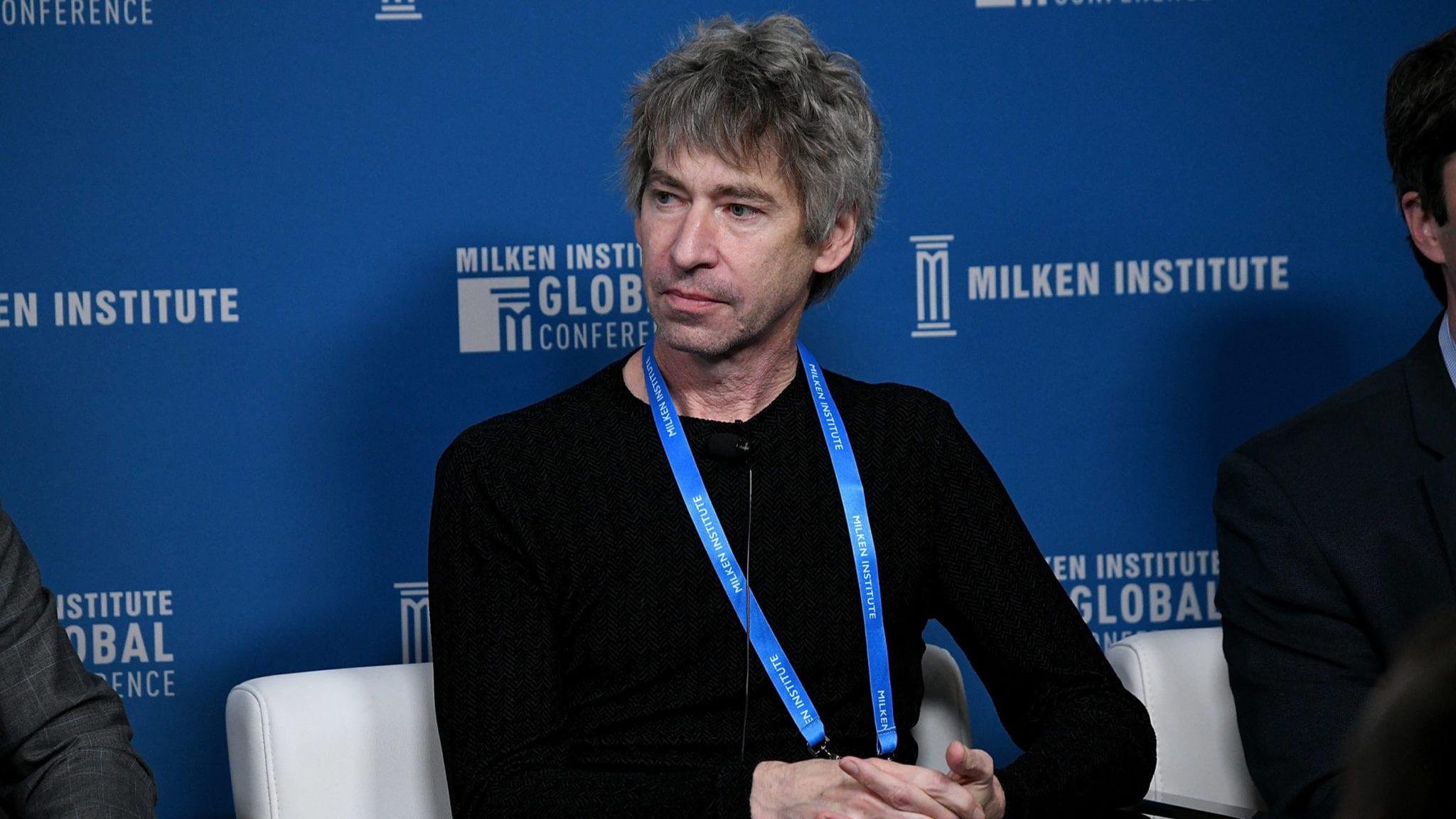
Bob Nelsen (Getty Images)
Bob Nelsen exits board and president steps down at Unity as fallout from the anti-aging biotech's PhII miss continues
Unity Biotechnology is still reeling roughly four months after axing its lead program, as it saw significant change at the executive level Monday.
The company …
Sign up to read this article for free.
Get free access to a limited number of articles, plus choose newsletters to get straight to your inbox.